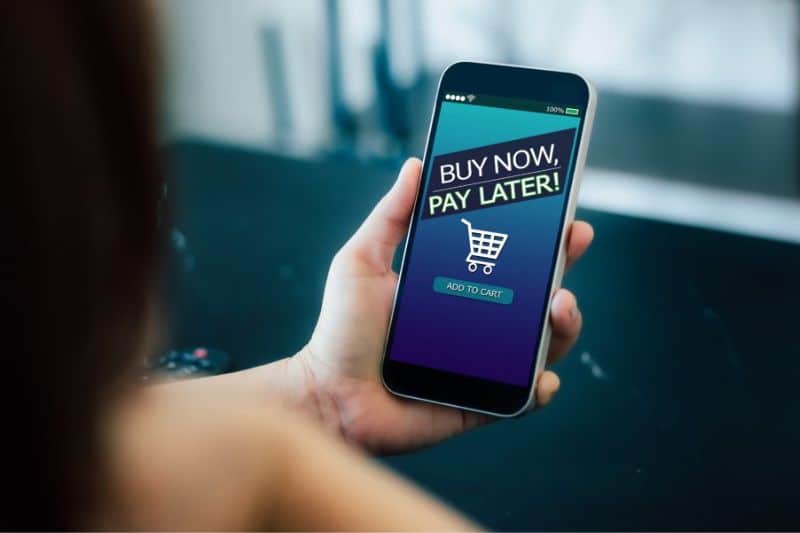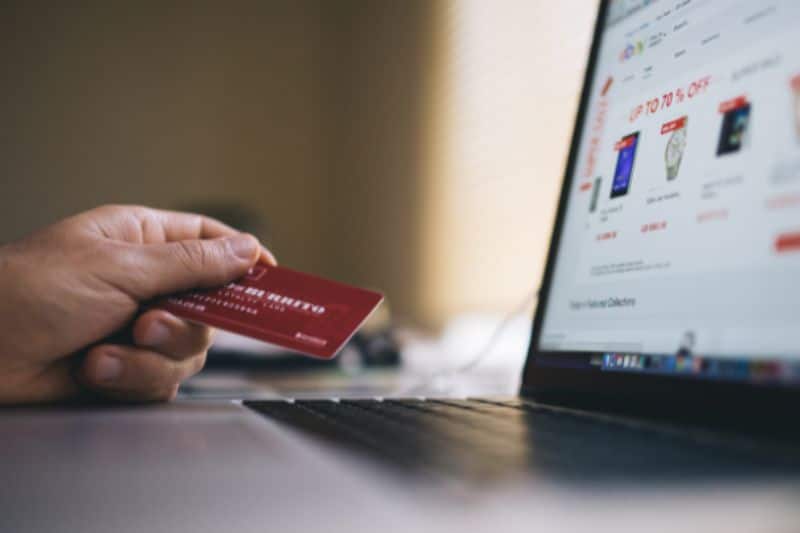The Buy Now, Pay Later model allows consumers to pay for goods in instalments, benefiting customers and merchants alike in the post-pandemic online marketplace.
The Buy Now, Pay Later (BNPL) model enables customers to make purchases in instalments, made accessible through apps that offer multiple payment methods, usually without interest. Due to the Covid-19 pandemic, consumer behaviour has evolved- people have migrated online in droves, for all purposes- from work to socialising, to shopping.
In the Asia-Pacific region, the resulting growth in e-commerce has led to the addition and application of alternative payment methods, including BNPL, which is an attractive and flexible solution for the financial insecurity brought on by the pandemic.

Hoolah, APAC’s leading BNPL platform has seen immense growth in the past two years. The platform has over fourteen times the number of users, while transaction volume has grown over 20%. Hoolah was founded in Singapore in 2018 to enable interest-free repayments for both online and brick-and-mortar stores. The company does not charge consumers interest, but does charge merchants a transaction fee for every customer order.
Hoolah is now partnered with over 3,000 merchants across three markets – Singapore, Hong Kong, and Malaysia, with plans to expand to Thailand and the Philippines.

A key characteristic in the APAC market, according to Stuart Thornton, the Co-founder and CEO of Hoolah, is diversity. On this, he stated, “Consumers in the region differ not only in terms of income; they also have very distinctive cultures and preferences. It is important to recognise the differences and hyper‑localise to capture the market.”
Thus, the business practises localisation strategies, like introducing payment via Whatsapp in Malaysia, where it is common to make purchases on the platform.
Another trend pushing the BNPL model is the increase in use of debit cards among young people. Thornton stated, “In Singapore, debit cards are gaining traction in the younger generation because they’re more aware of the risks associated with credit‑based products. They are showing more awareness and responsibility when it comes to personal finance, especially after the way the Covid-19 pandemic has hit the world,” adding that, “A 21‑year‑old consumer may be earning good money, but without much credit history, traditional banks may not grant him or her access to credit cards. In Hoolah, that’s someone we can help provide access to the products and services they need, using our BNPL service.”

Established companies like Goldman Sachs and Mastercard are also participating in this new financial trend. The latter has launched the Mastercard Instalments BNPL programme in Australia, the United Kingdom, and the United States.
Chief Product Officer at Mastercard, Craig Vosburg, stated, “Mastercard Instalments offers a digitally-focused way to pay today and tomorrow, delivered through consumers’ most trusted relationships with their banks and other lenders, at merchants of their choice. The program’s unique, open-loop model provides lenders, merchants and consumers alike the ability to enjoy the benefits of BNPL purchasing, with the security and consumer protections they’ve come to expect from Mastercard.”

Many startups in APAC are emerging from this trend, developing rapidly to bring this solution to their relevant markets.
One startup in Hong Kong offering this model is ekpay Later, a buy now, pay later ecosystem comprising a fund pool, retail payment solution, mobile app, and online marketplace. The Chairman and CEO of ekpay Later, Jimmie Wong, is a well-recognised industry veteran who owns the largest debt and bankruptcy management law firm in the city. The firm’s current largest shareholder is Ci1, a FinTech company operating in Australia, Singapore, and Hong Kong that offers BNPL e-commerce platforms, SME financing, and other solutions.
Another contender is Singapore-based FinTech firm and leading BNPL platform in APAC, Atome. Founded in 2019, the brand’s name stands for “Available to Me,” representing the payment solutions they offer across 5,000 businesses in fashion, beauty, lifestyle, fitness, and other industries. Atome is part of Advance Intelligence Group, a Series-D artificial intelligence-driven tech company that is also headquartered in Singapore. The BNPL solution provider aims to empower a new generation of digital-savvy, mobile-first consumers by giving them smarter access to their aspirations.

Japanese startup Paidy was recently acquired by PayPal for US$2.7 billion to enable more BNPL offerings for their customers. The platform allows Japanese consumers to make online purchases, and then pay for them every month in a consolidated bill at a convenience store or via bank transfer. The startup introduced proprietary tech to evaluate creditworthiness, underwrite transactions, and guarantee payments to merchants.
Peter Kenevan, Vice President and Head of Japan at PayPal, addressed this, saying, “Paidy pioneered buy now, pay later solutions tailored to the Japanese market and quickly grew to become the leading service, developing a sizable two-sided platform of consumers and merchants. Combining Paidy’s brand, capabilities and talented team with PayPal’s expertise, resources and global scale will create a strong foundation to accelerate our momentum in this strategically important market.”

Joining this trend, Goldman Sachs and Apple are launching “Apple Pay Later” to give users the ability to spread product fees across four interest-free payments made every two weeks, or across many months with interest.
Retailers globally are embracing this model, as BNPL creates a gateway to increased sales and customer satisfaction, according to Penny Lee, the CEO of the Financial Technology Association. She stated, “BNPL provides small and medium merchants a platform to compete against large online marketplaces and build a direct relationship with the consumer.”

However, the shift towards implementing BNPL payment models raises the question of whether or not this change is positive. Todd Baker, a Senior Fellow at Columbia Business School, stated, “Debt is debt, and BNPL is debt that is very easy to incur and easy to forget when managing your personal finances. It adds significant complexity to the stressed financial lives of already over-levered consumers with debt obligations for mortgages, credit cards, auto loans, and personal instalment loans.”
In addition, late fees are another pitfall of payment models like BNPL. Despite not seeming like very large expenses, they can add up. The model leads to consumers making quicker decisions and payments, which may be beneficial to merchants, but not if the consumer is overextended.

Ultimately, once the merchant has enabled this payment model, the decision is up to the consumer and whether or not they fulfil their purchase.
Related Articles
How E-Commerce Will Help Asia’s Post-COVID Recovery, According to Industry Experts





